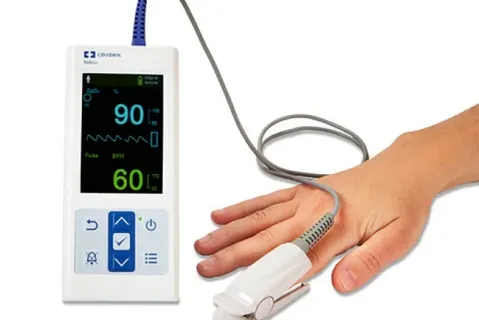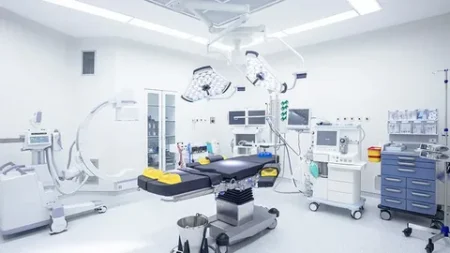An accurate SpO2 sensor is essential for monitoring a patient’s oxygen saturation levels, a key indicator of respiratory health. SpO2 sensors play a vital role in a wide range of medical applications, from emergency response units to intensive care units (ICUs) and outpatient care. These sensors provide real-time data on the oxygen levels in a patient’s blood, which is crucial for diagnosing and treating respiratory conditions such as COPD, asthma, and sleep apnea.
Understanding the Role of SpO2 Sensors in Healthcare
SpO2 sensors measure the percentage of oxygenated hemoglobin in a patient’s blood. This information is critical in monitoring patients who are at risk of hypoxemia, which can occur due to a variety of conditions such as respiratory illnesses, cardiovascular diseases, or even anesthesia during surgeries. These sensors are often integrated into pulse oximeters, which are non-invasive devices that are used to quickly assess a patient’s oxygen levels.
In hospital settings, an SpO2 sensor can help clinical staff quickly identify patients who require supplemental oxygen or immediate medical attention. These sensors are used in monitoring systems that continuously track a patient’s oxygen saturation, enabling healthcare providers to respond promptly to changes in their condition.
Key Features to Consider When Selecting an SpO2 Sensor
When choosing an SpO2 sensor for medical applications, several factors must be taken into account to ensure accurate and reliable readings:
- Accuracy: The accuracy of an SpO2 sensor is paramount. Look for sensors that provide precise readings even in challenging conditions, such as low perfusion or movement.
- Compatibility: Make sure the sensor is compatible with the monitoring equipment you use. Different devices may require specific types of sensors to ensure optimal performance.
- Durability: Since SpO2 sensors are often used in fast-paced clinical environments, they must be durable and capable of withstanding frequent cleaning, disinfection, and regular use.
- Patient Comfort: Comfort is particularly important when using sensors for prolonged periods, especially in pediatric or geriatric patients. Opt for sensors that are designed for comfort, with soft, flexible materials.
The Importance of Regular Maintenance and Calibration
To ensure the reliability of SpO2 sensors, it is essential to perform regular maintenance and calibration. Sensors that are out of calibration may give inaccurate readings, which can lead to poor clinical decision-making and compromise patient care. Biomedical equipment technicians and clinical engineers should be diligent in maintaining these devices, ensuring they are free from debris, contamination, and damage that could affect their performance.
Regular calibration ensures that the readings remain accurate over time, and sensors should be checked periodically for wear and tear. As with any medical equipment, preventive maintenance is crucial to avoid costly repairs and downtime.
Trust The Biomed Guys for Your SpO2 Sensor Needs
For biomedical equipment technicians, clinical engineers, and healthcare facilities looking for reliable SpO2 sensors, The Biomed Guys offers high-quality sensors that meet the standards required for accurate patient monitoring. Whether you need to replace a worn-out sensor or upgrade your existing equipment, The Biomed Guys provides the right solutions for maintaining optimal patient care.
For more information and to explore our range of SpO2 sensors, visit The Biomed Guys, your trusted partner in biomedical equipment service and repair.










